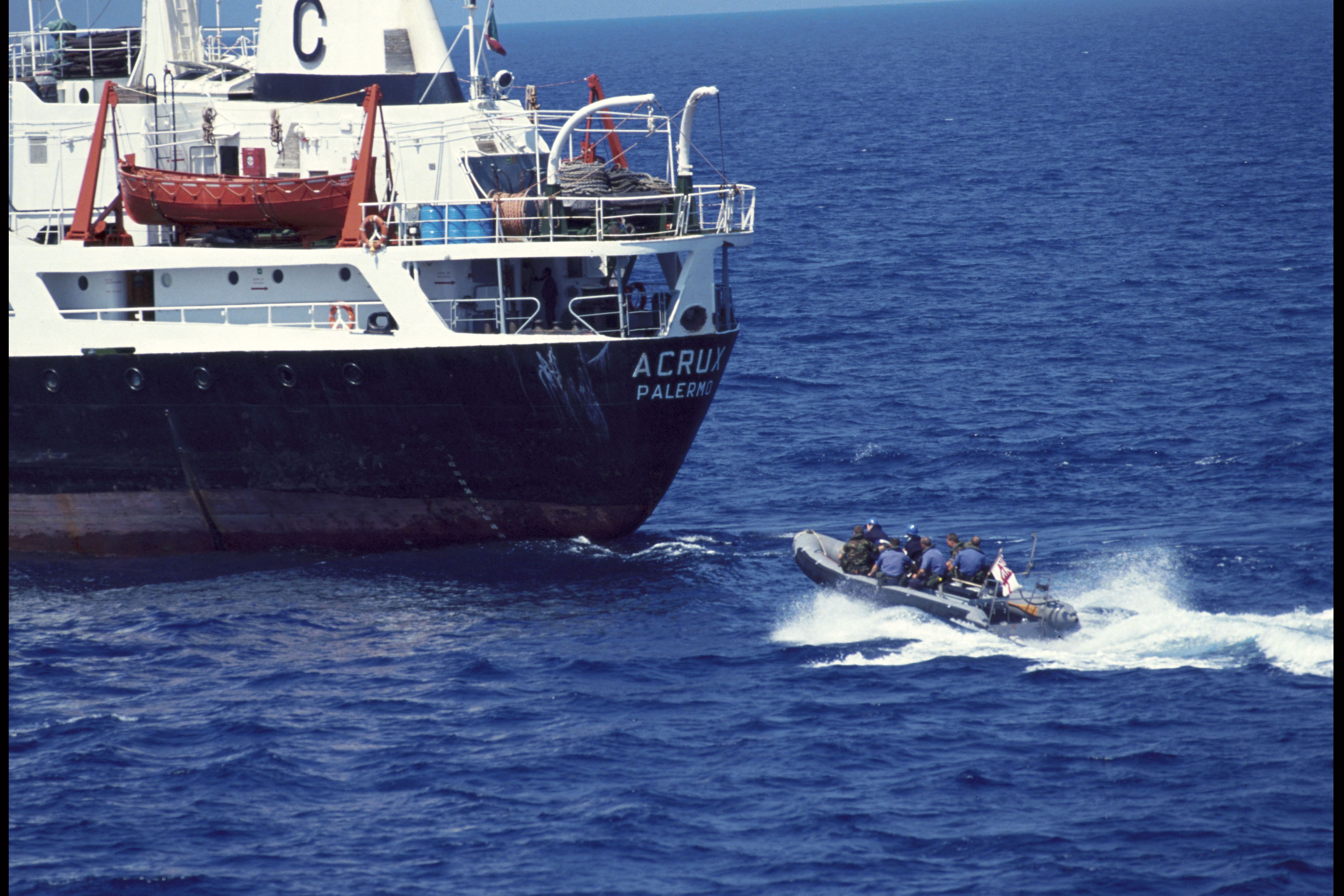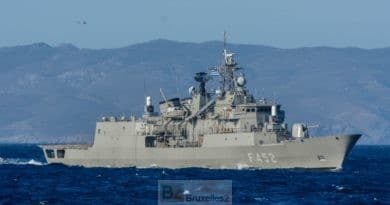The Colombian navy as reinforcements in the Indian Ocean?
(BRUSSELS2 - exclusive) The European anti-piracy operation (EUNAVFOR Atalanta) could soon welcome a frigate from a country which is not used to spawning in Somali or European waters: Colombia. This is not a joke or an April Fool's joke in advance. Bogota has really let the Europeans know of its interest in being present at their side in the Indian Ocean. A contribution strongly supported by Madrid.
A Latin American first
The Colombian fleet would thus provide a frigate and a light intervention vessel. This would certainly be a first both in terms of European collaboration with this Latin American country and in the fight against pirates. Last November, Colombian Defense Minister Juan Carlos Pinzón authorized the Navy command to examine the feasibility of deploying an "Almirante Padilla" class frigates. There is still an important formality to complete: sign a framework agreement with the European Union for this participation, and for this obtain an internal (parliamentary) agreement. We must act quickly because the possible employment window - due to the availability of the frigate concerned - is between now and summer.
South Korea too?
Another frigate could quickly join the anti-piracy operation, this time coming from a country that has regularly engaged in operations in the region: South Korea. But the Korean ships were more part of the operation carried out under American initiative (the CTF 151). Participation in a European mission would thus also be a first for the Koreans.
An act of naval diplomacy
This engagement of third countries is not new: Norway and Ukraine (a frigate); New Zealand (patrol aircraft) have already contributed to the European operation off Somalia. But with Colombia or South Korea, we are reaching more "exotic" collaborations at a time when the threat of Somali piracy has largely diminished compared to the peaks observed in 2010-2012. The EUNAVFOR Atalanta operation thus becomes a significant instrument of European naval diplomacy. This foreign involvement is also not negligible at the operational level at a time when European commitments tend to be more limited due to other areas of intervention. France in particular has greatly reduced its commitment to the European operation, just as the United Kingdom has virtually ceased its participation in the sister operation led by NATO (Ocean Shield).
(Nicolas Gros-Verheyde)


